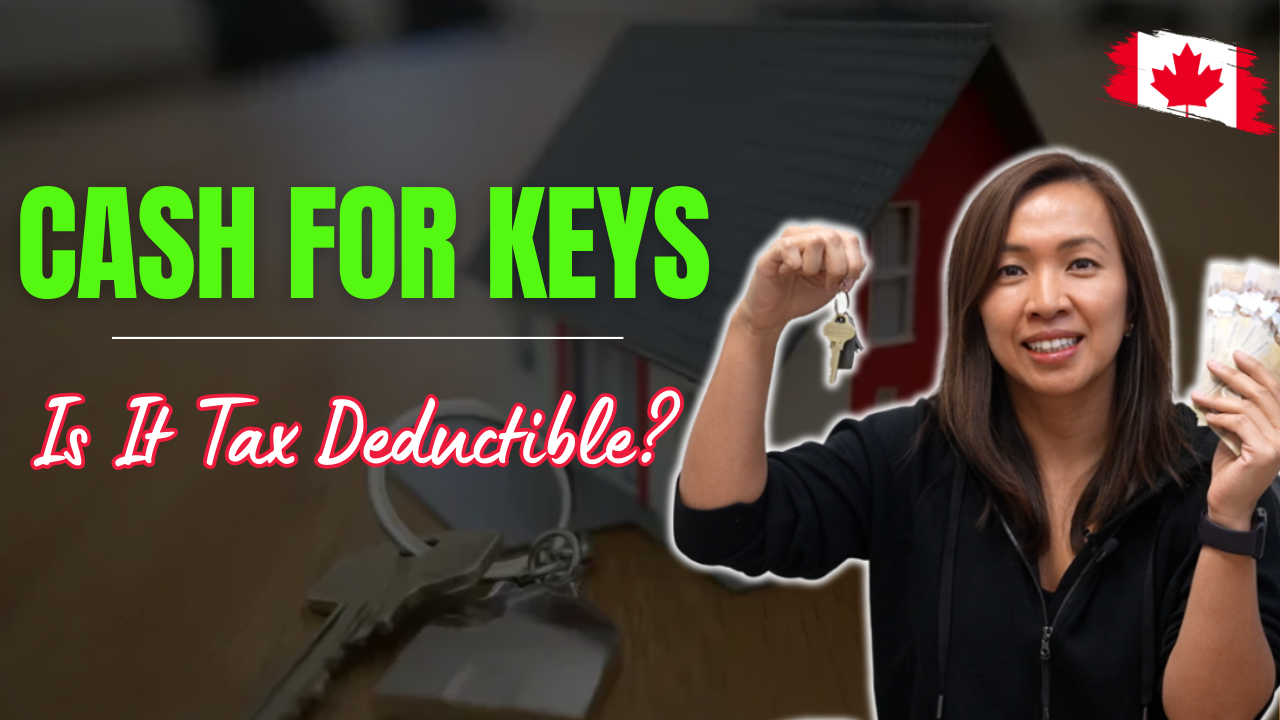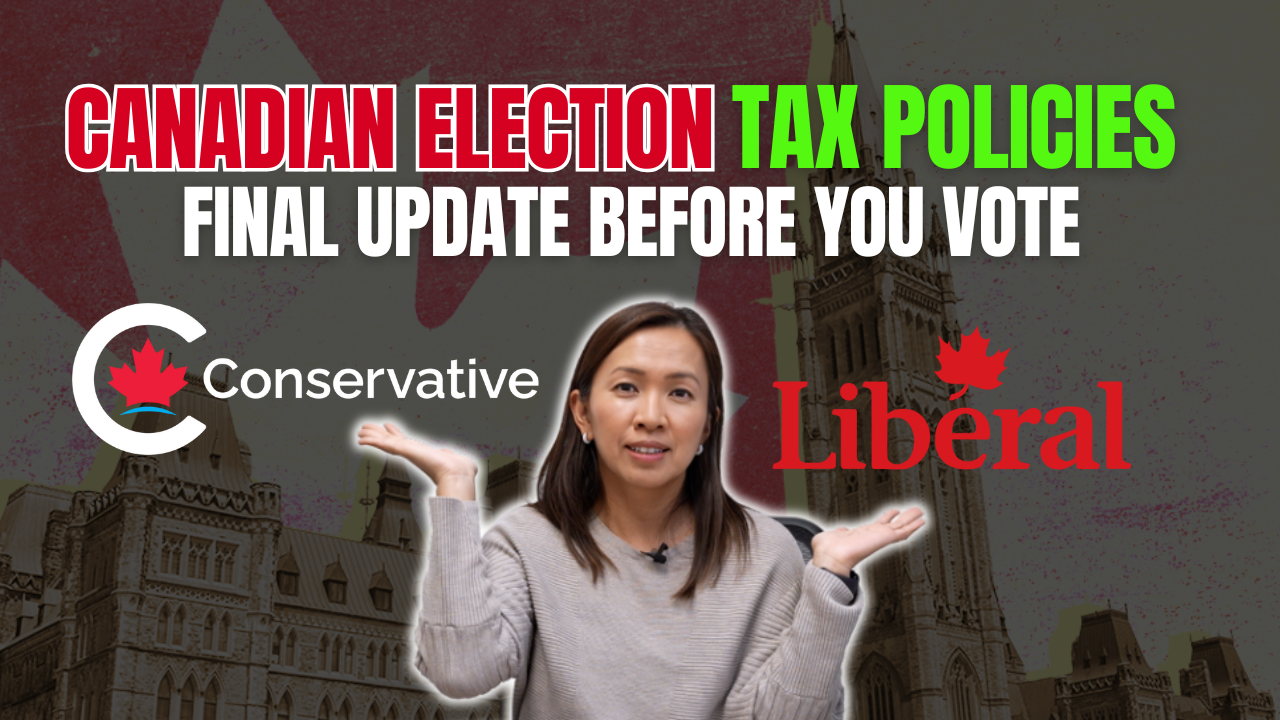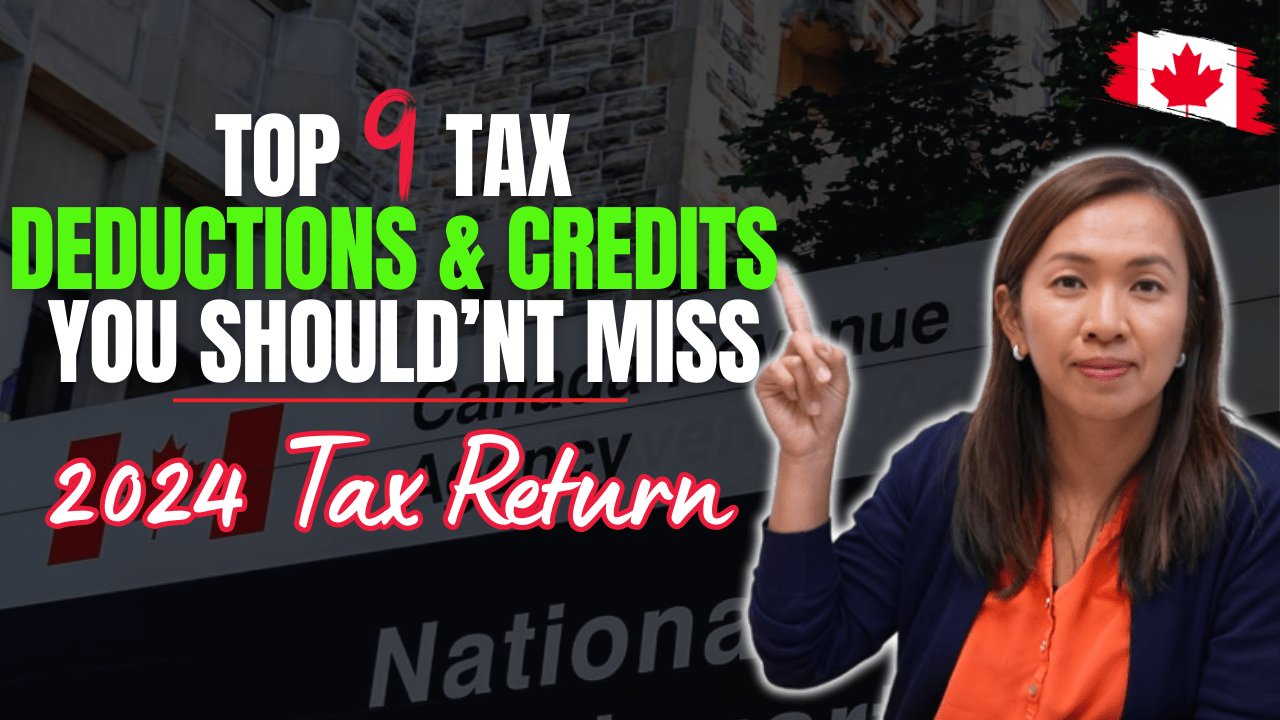Getting tenants to leave isn’t as easy as giving proper notice—especially in Canada, where tenant protections are strong (and often misunderstood).
If you’re a landlord looking to renovate, raise rent, or sell a property, you’ve probably heard of—or even offered—cash for keys.
Let’s break down what it is, why landlords offer it, and how it’s treated from a tax perspective.
🤷♀️ What is Cash for Keys?
Cash for keys is exactly what it sounds like—you offer your tenant money to move out early and hand over the keys.
It’s not required by law, but in many cases, it’s the only practical way to regain control of your property without months of stress.
🧠 Why Would a Landlord Pay a Tenant to Leave?
Let me share a story.
We had a tenant who had already asked us to be a reference for her next place—so she was clearly planning to move. But when we asked her to vacate, she still came back with a request for:
- Four months of rent compensation, and
- Moving costs.
At first, it felt unreasonable. But we settled on a more reasonable number, and honestly, it was worth it.
Here’s why.
💡 Cash for Keys Is a Business Decision
At the end of the day, paying a tenant to leave is often a business decision. It’s not about being generous—it’s about protecting your investment and moving forward. Here are the most common reasons landlords offer cash for keys:
1. The tenant isn’t paying rent
This is the most straightforward reason. Whether it’s due to financial hardship, job loss, or just refusal to pay, going through the Landlord and Tenant Board can take months. Cash for keys is sometimes the faster, cleaner option to regain possession and stop the bleeding.
2. The tenant isn’t keeping the place in good shape
Let’s be honest—some tenants don’t clean, don’t take care of the unit, and don’t cooperate with showings. If you’re planning to sell or even just do routine inspections, it can be a nightmare.
And in today’s market, many landlords rely on two, three, or even four units to help the property carry itself financially. One difficult tenant doesn’t just affect you—they can disturb other tenants, increase turnover, and make managing the building way more stressful than it needs to be.
Paying them to leave may feel unfair in the moment, but it’s often the easiest way to protect your other rental income and keep the peace.
3. Buyers want vacant possession
In today’s market, many buyers want a clean slate—a property they can move into themselves or rent out at market rate. But here’s the thing:
🏠 In Ontario and many provinces, the only legal way for a buyer to get vacant possession is if they or an immediate family member declare they’re moving into the unit.
But what if the tenant refuses to leave before closing?
We’ve heard stories—some pretty stressful ones—where deals nearly fell apart because the tenant didn’t vacate on time. That leaves the seller scrambling, risking legal issues, delays, and a very unhappy buyer.
💡 If you plan ahead and offer cash for keys, you get certainty. You regain possession before closing and reduce the risk of any last-minute surprises.
Sometimes, a little upfront cost saves you a lot of heartache later.
4. You need to do repairs or bring the unit up to standard
Maybe there’s water damage. Maybe the kitchen hasn’t been touched in 30 years. If you need access to do proper repairs or updates—and the tenant won’t budge—cash for keys gives you the freedom to do what’s needed without waiting for the lease to end or navigating around someone else’s schedule.
💰 Can You Deduct Cash for Keys Payments on Your Taxes?
That depends on why you’re paying the tenant.
✅ Yes, it’s deductible if:
You’re planning to keep the property and continue renting it out. Maybe you want to renovate, increase rent, or just bring in a better tenant.
In that case, the payment is considered a current expense—you can deduct it in full in the year you pay it.
And let’s be honest—most residential leases are either month-to-month or set to expire soon, so CRA usually lets you write it off right away. There’s no long lease left to amortize.
❌ Not deductible right away if:
You’re planning to sell the property and stop renting it out.
In this case, CRA might say the payment is a capital expense, not a regular business expense. That means:
- You can’t deduct it now, but
- You can add it to the cost of the property to reduce your capital gain later.
🧾 Tax Reference: CRA’s Interpretation Bulletin IT-359R2 confirms this under paragraph 12(b), citing paragraph 20(1)(z.1) of the Income Tax ActCash for keys – ARCHIVE….
👩💼 What About Tenants? Is Cash for Keys Taxable?
Technically, CRA sees this as a capital gain on the tenant’s leasehold interest.
But if the unit is their primary residence—which it often is—it’s considered personal-use property, and any gain is likely not taxable.
So yes, tenants get cash. No, they probably don’t have to pay tax on it.
Final Thoughts
Cash for keys isn’t about being “nice”—it’s a business strategy.
If you’ve ever struggled to get a tenant out, you know how time-consuming and draining it can be. Offering cash for keys gives you control, speeds things up, and sometimes even saves you money in the long run.
Just be sure to:
- Keep clear records of why you paid it,
- Understand whether it’s a current or capital expense, and
- Talk to your accountant before claiming the deduction.
Until next time, happy Canadian Real Estate Investing.
Cherry Chan, CPA, CA
Your Real Estate Accountant





